Investing in the UK’s science capability in animal health

Hear from APHA’s new Director of Science and Transformation, Dr Jenny Stewart, as she talks about plans to redevelop the Weybridge site to enhance its capability and reputation as a world-class science centre to support APHA’s mission to safeguard animal health for the benefit of people, the environment and the economy.

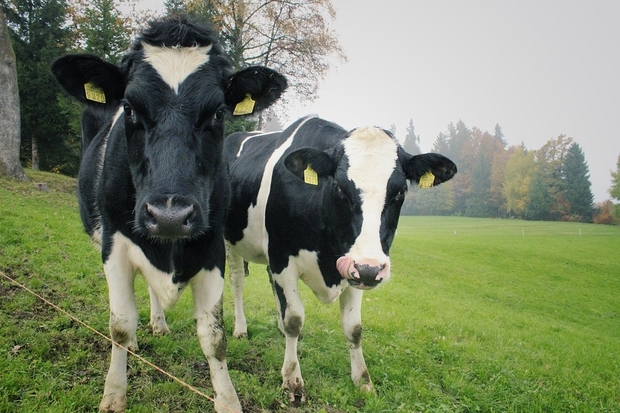
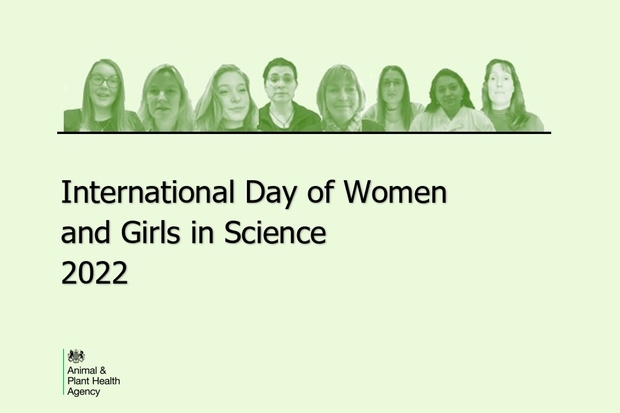
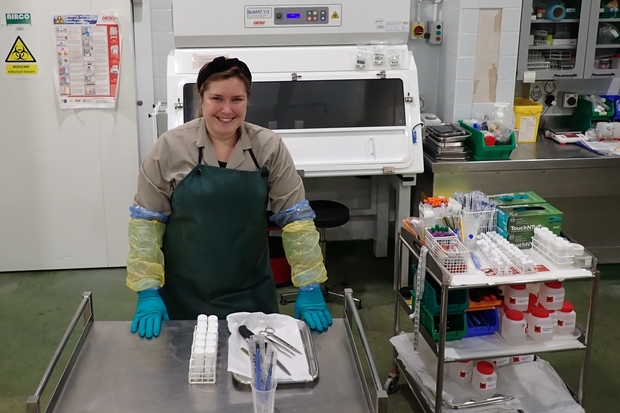


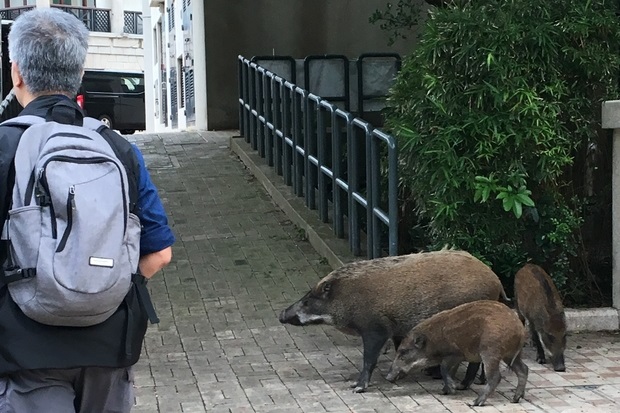


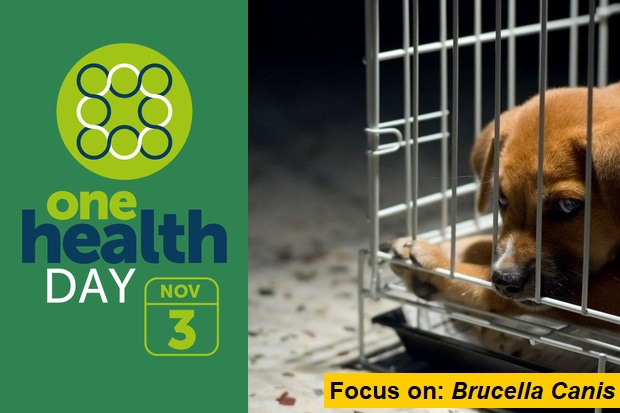
Recent Comments